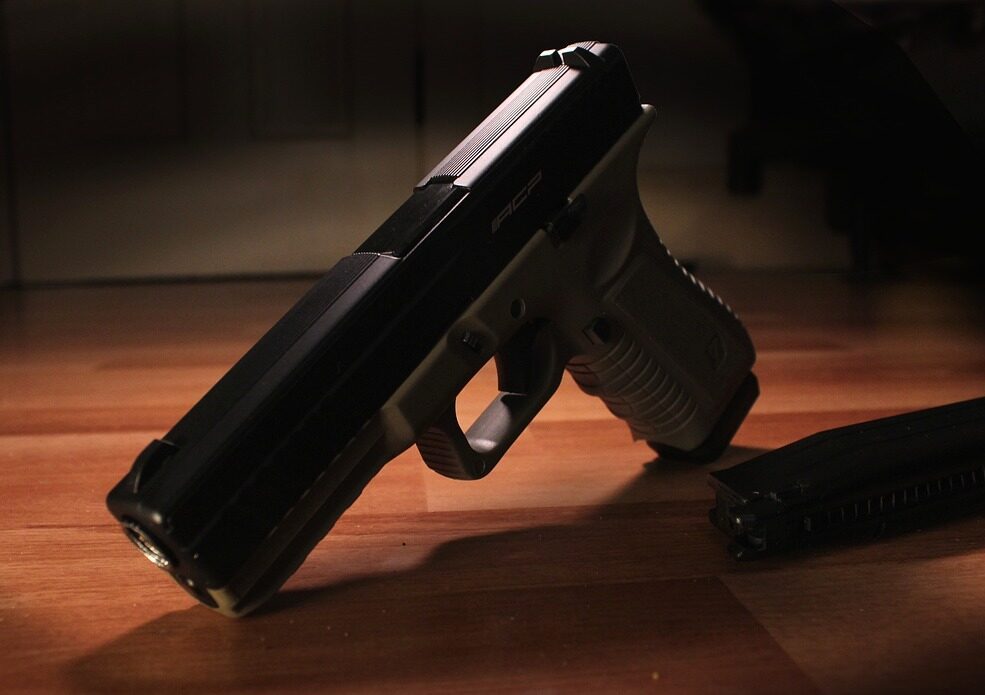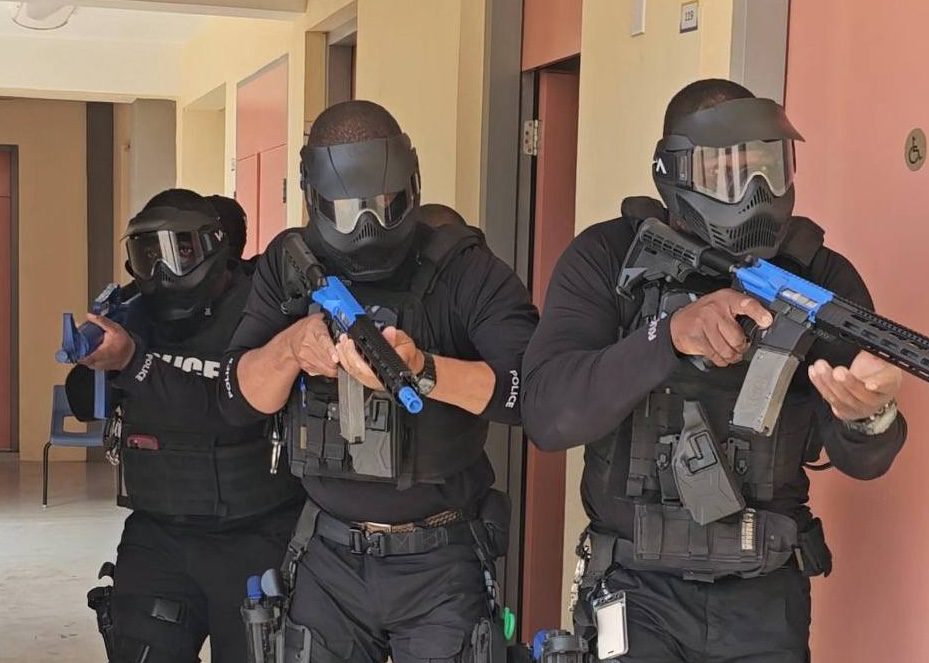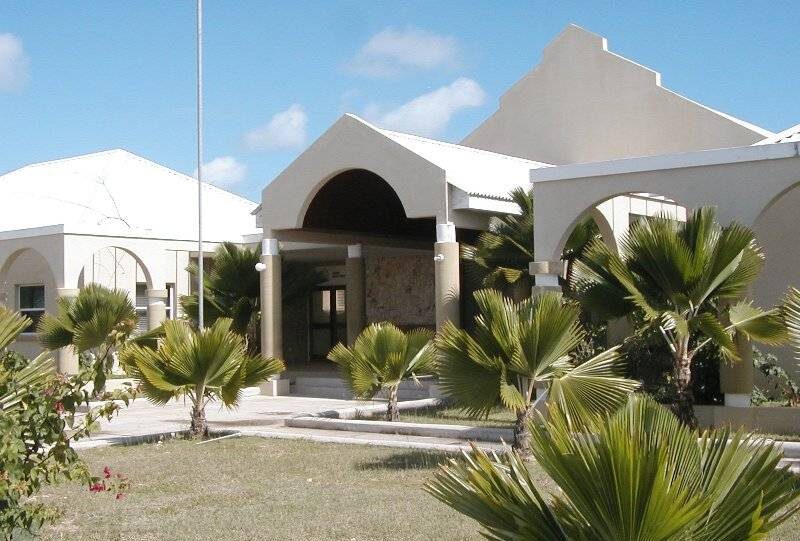A growing number of defendants are claiming they own illegal firearms to protect themselves against rising threats of violence, according to a high court judge.
Justice Ermin Moise, in a recent sentencing judgment, said this submission is consistently emerging as a possible mitigating factor due to rising levels of crime and violence in Anguilla.
He discussed this, and two other rising trends in defence cases of illegal firearm possession in Anguilla, in his written decision on sentencing for Stephen Hughes published on 16 August.
Hughes, 32, from The Valley was sentenced in Anguilla High Court, on 1 July, to six years and six months and eight years in prison on two counts of possession of a firearm without a valid permit.
Gun violence
“Anguilla, like most of the countries of the Eastern Caribbean, has been gripped by increased levels of gun violence,” Moise wrote.
“As a result of this, this court is more frequently called upon to sentence persons found guilty, or who have pleaded guilty, to possession of firearms without a valid permit.”
He said that as a result of the violence and due to new sentencing guidelines, it is accepted that terms of imprisonment are most appropriate.
This has led to three trends emerging in submissions put forward in defence of those who are before the high court for sentencing in firearm matters.
These are suspended sentences, pre-existing medical conditions and protection from violence.
Suspended sentences
It is becoming customary for defence counsel to detail exceptional circumstances for a suspension of the prison sentence which the court deems appropriate, Moise wrote.
He said that in three of the last four occasions where the court has embarked on a sentencing hearing, it is submitted that the sentences ought to be suspended.
The high court judge explained that for the court to consider a suspended sentence it must make three observations.
The first is whether a term of imprisonment is appropriate in the first place, as a suspended sentence should not be used to impose a lesser penalty.
The second is that a suspended sentence can only be considered if the appropriate term of imprisonment is less than two years.
Thirdly, the court should only order a suspended sentence if the exercise of that power can be justified by exceptional circumstances, Moise explained.
Medical conditions
Defendants have become more likely to submit that they have pre-existing medical conditions which makes it difficult to withstand the challenges of prison life, the judge said.
This is often the ground upon which the sentence is arguably to be suspended.
The court is called upon to consider the extent to which pre-existing medical conditions should operate as a mitigating factor in the sentencing of firearm offenders.
The judge stressed that health challenges in and of themselves are not exceptional.
He said the correct test for the court is whether the defendant will suffer some discomfort in serving a prison sentence with a specific health condition.
“It is only if the health condition is certified as being one which would make the defendant unfit to serve a sentence should the court consider this as a factor,” Moise wrote.
Protection from violence
The third trend is the submission that defendants have decided to possess illegal firearms in order to protect themselves against the threats of violence which is prevalent in society.
The judge said after a guilty plea or conviction the court must “surely demand more from him than a mere assertion that he possessed an illegal firearm to defend himself”.
“There is no doubt that there are rising levels of crime and violence in the country,” Moise wrote.
“The court can certainly appreciate a rash decision taken by a concerned citizen who has perhaps been the victim of a violent crime to arm himself.”
However, he stressed that where a defendant has persisted in breaking the law and has a past conviction for an offence of a violent nature, more explanation must be given.
“Surely more must be demanded of him in showing precisely why the court should look favourably upon him in committing yet another offence of this nature,” he wrote.





